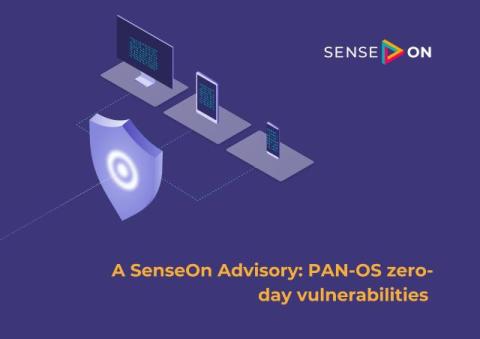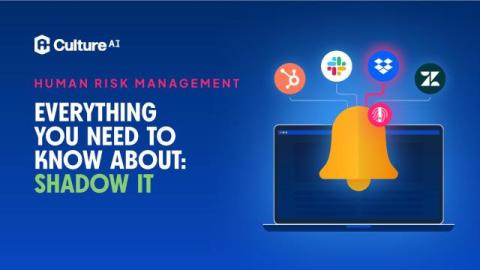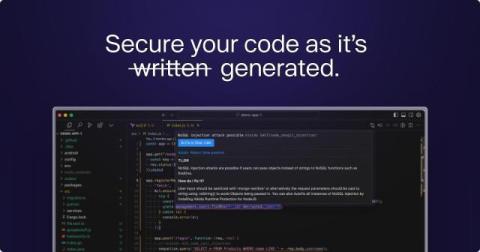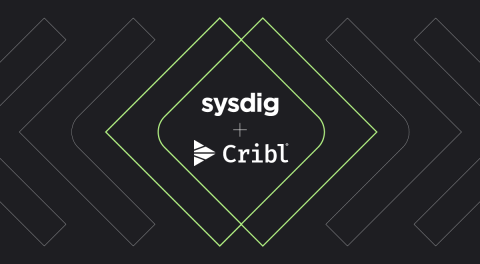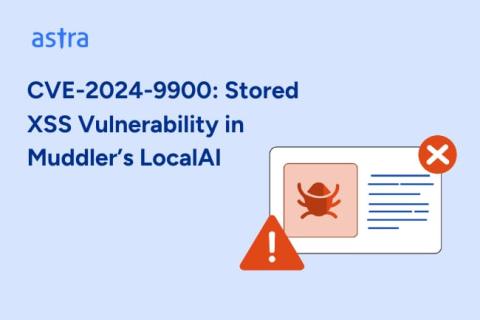Cyber-Safe Shopping: Protect Yourself from Holiday Scams and Cyber Threats
The holiday shopping season is here, and while it brings excitement and joy, it also opens opportunities for cybercriminals to exploit unsuspecting shoppers. With more people buying gifts online and taking advantage of holiday deals, the risk of falling victim to cyberattacks increases. Whether you're shopping from your desktop, mobile device, or in-store, it's essential to be aware of common threats and take steps to protect yourself.





